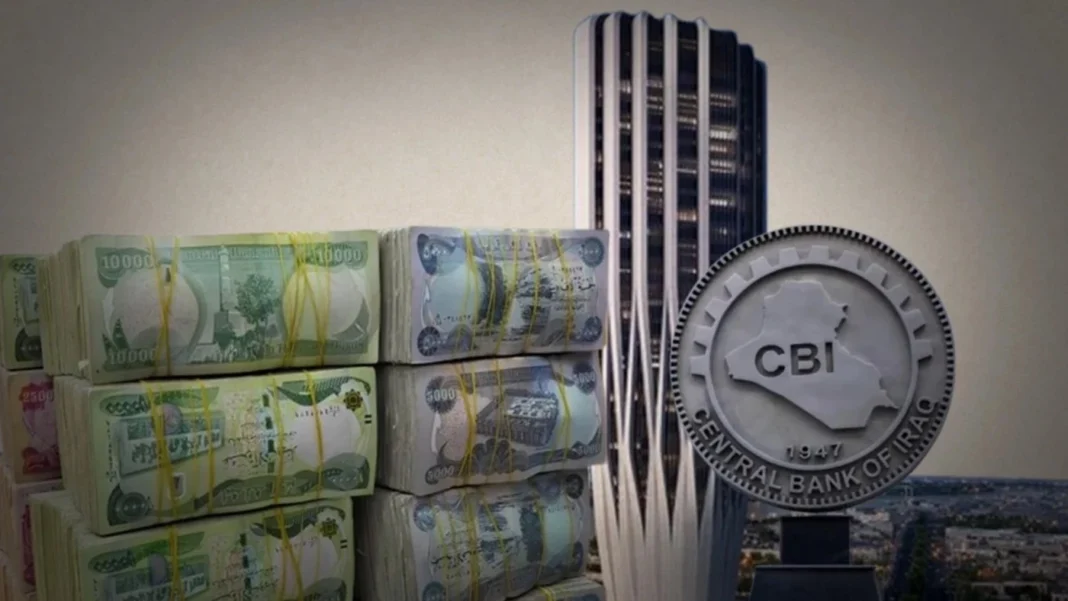The Central Bank of Iraq announced a major step to reduce cash transactions across government offices instead tries to expand digital payments. The program will continue until mid-2026 and already began in some departments.
Bilal Raouf, an academic and banking expert, said that the regional government has actively promoted digital banking systems since 2023. Thanks to technological advancements, many government salary payments now flow through banking channels rather than cash. This shift represents a key step toward transparency and efficiency.
Officials explained that if a household receives more than 100 million dinars, transactions must go through banks. This rule ensures that public funds stay secure and trackable. Raouf emphasized that digital banking prevents corruption, creates clean accounts, and allows revenue to return quickly to the treasury.
He added that digital transactions also solve long-standing problems from the previous three years, when cash handling caused delays and administrative challenges. Citizens no longer need to receive full salaries in cash. Instead, electronic payments facilitate smoother operations for government offices and other institutions.
Authorities stressed that this transition will not directly affect the dinar’s exchange rate. Currency values depend on other factors, such as international financial flows and U.S. dollar reserves.
Raouf also noted that expanding electronic payments strengthens governance and aligns Kurdistan with countries that have robust banking systems. He said the program will eventually reduce cash usage in daily transactions, making government services faster and safer.
The central bank plans to install modern operating systems in commercial centers to help citizens conduct transactions electronically. This initiative supports financial modernization and encourages private sector participation in regional banking.
As more offices adopt digital systems, the government expects cash use to drop significantly, improving efficiency and transparency. Officials hope that these measures will secure public funds, prevent misuse, and support economic stability.
The program reflects Iraq’s commitment to combining technology with public administration. By promoting electronic payments, the region strengthens its financial system and ensures citizens benefit from faster and safer transactions.


